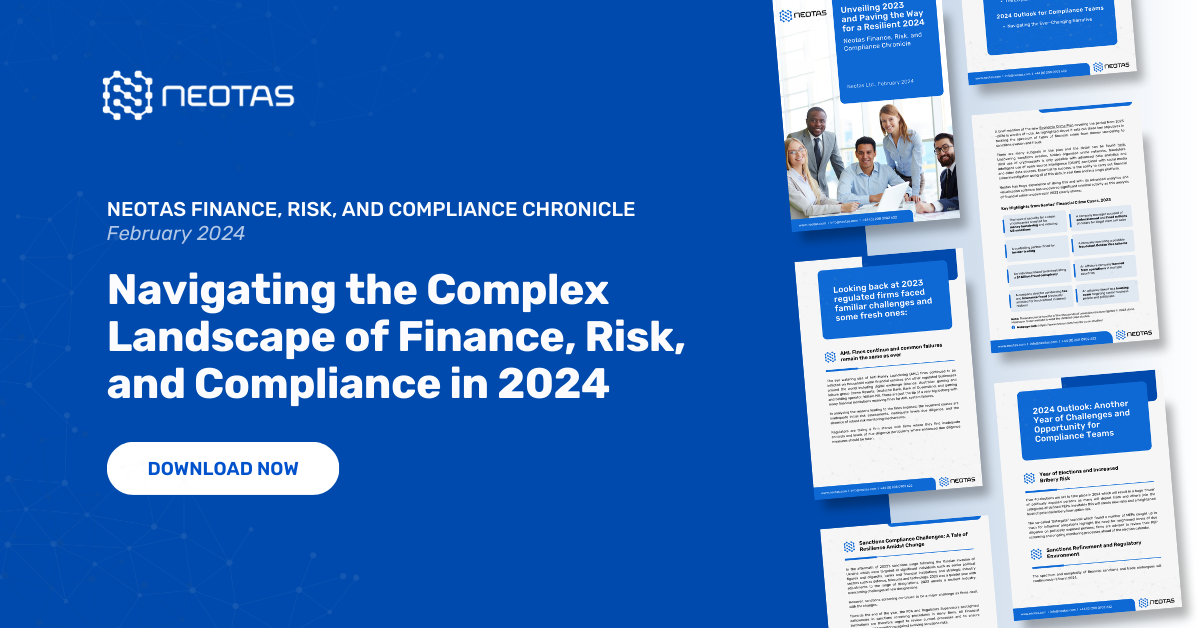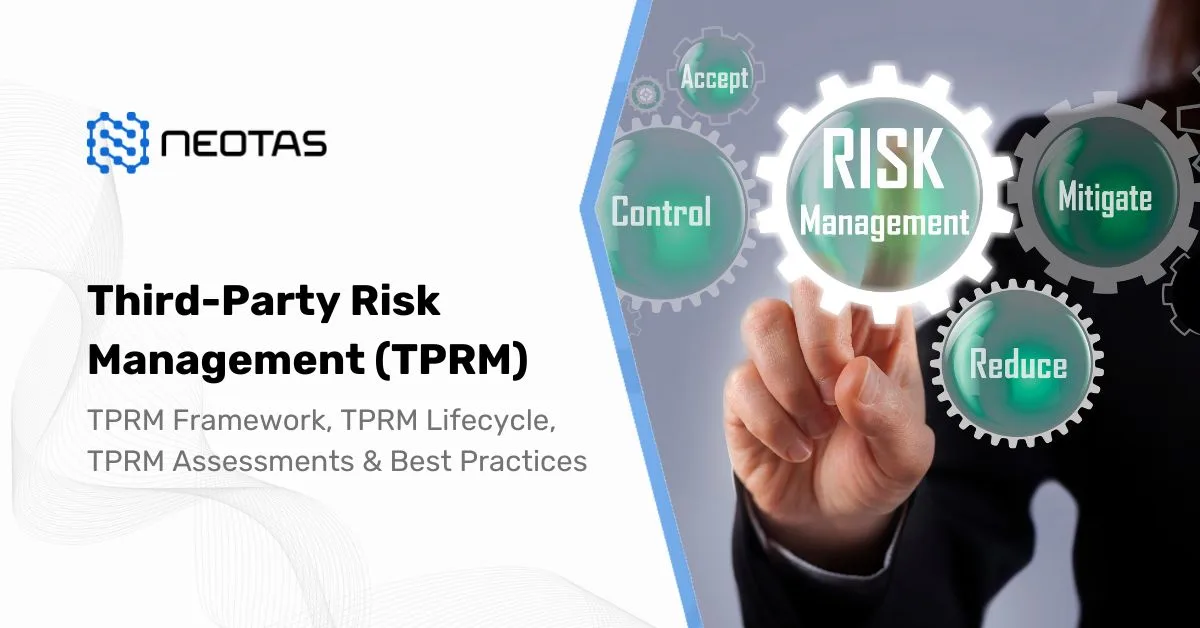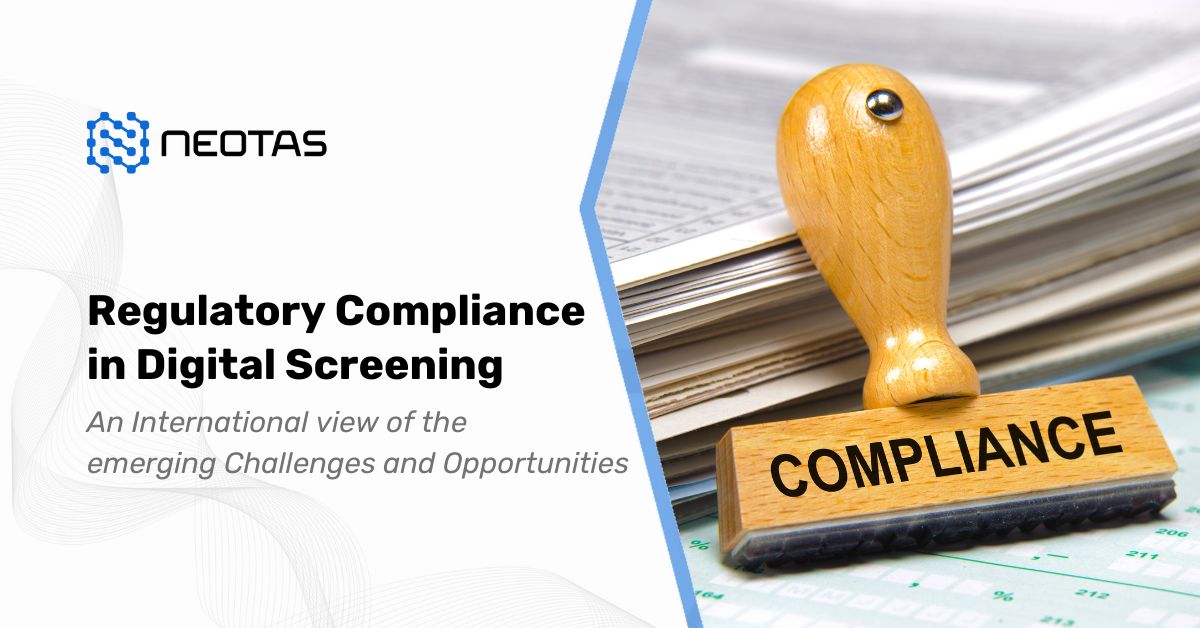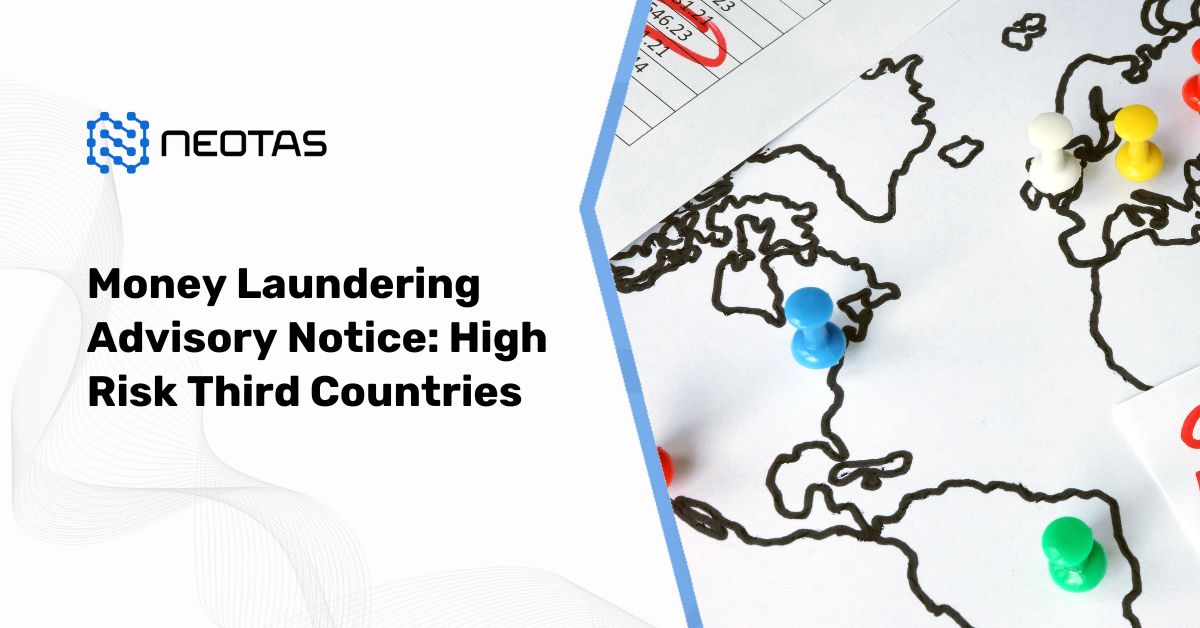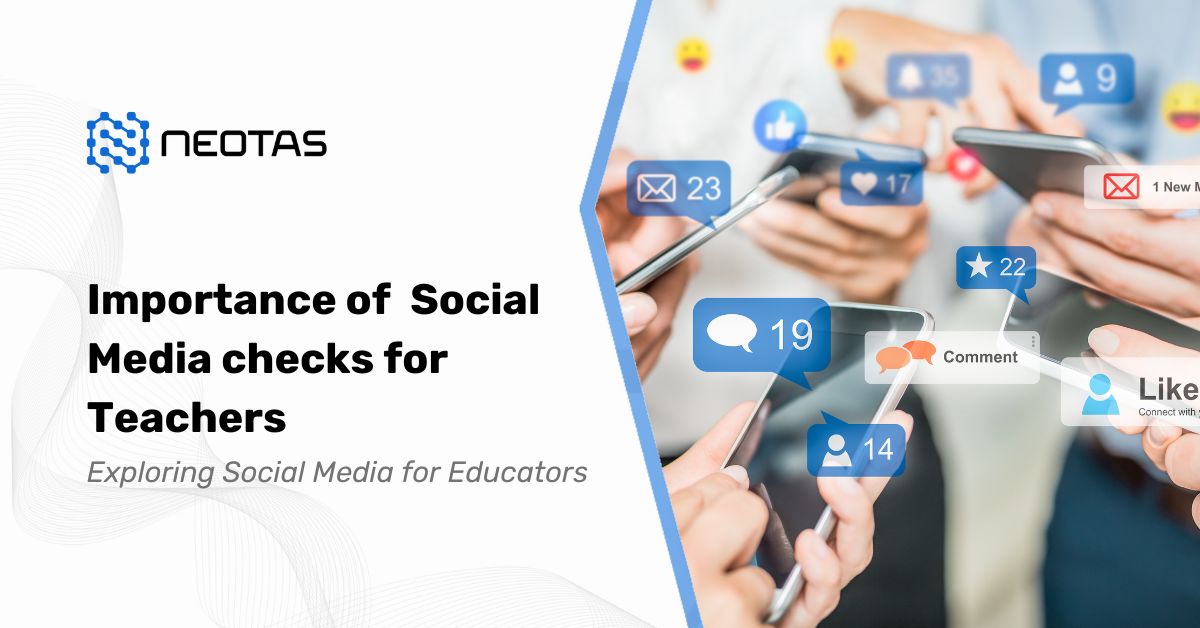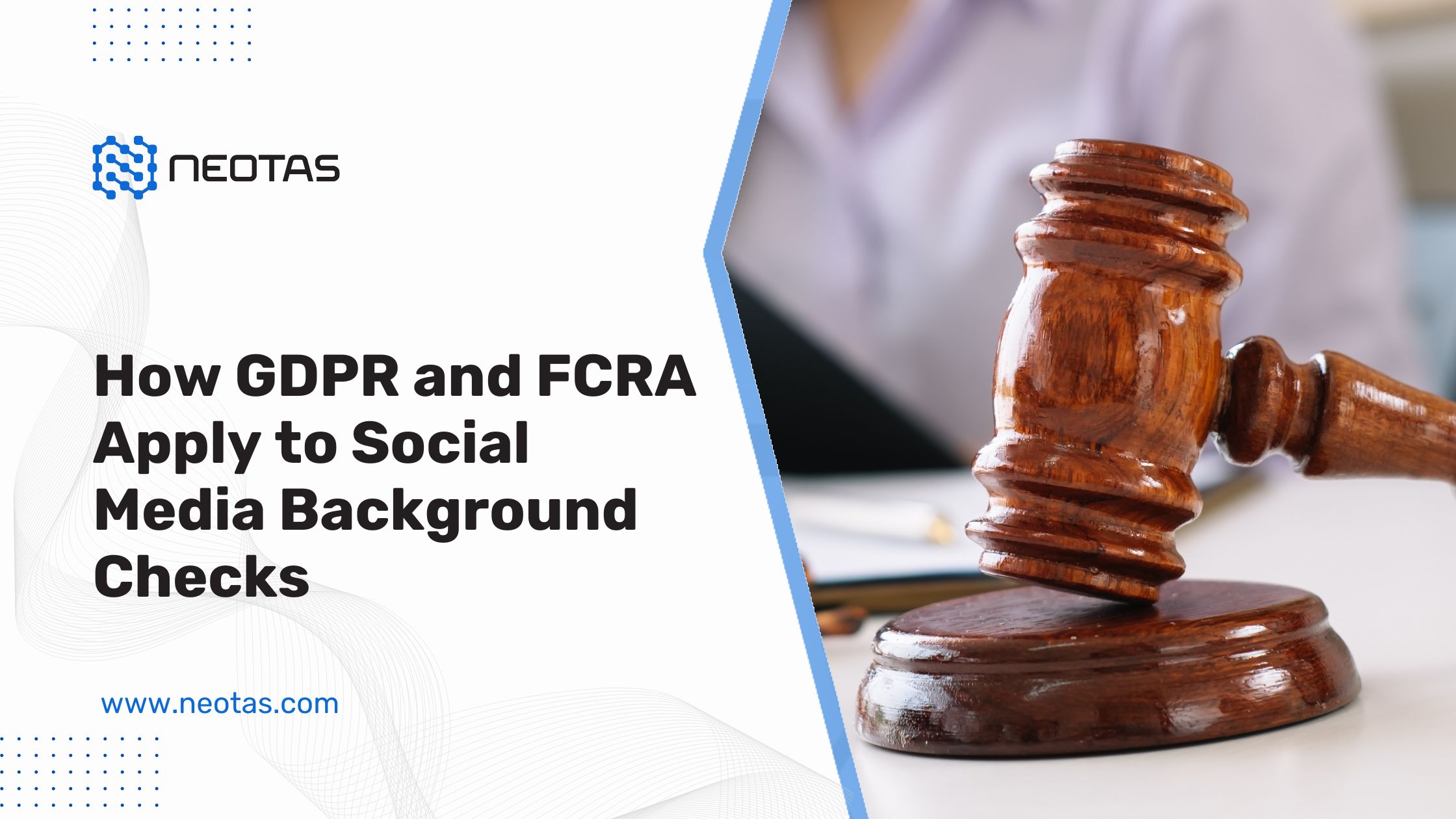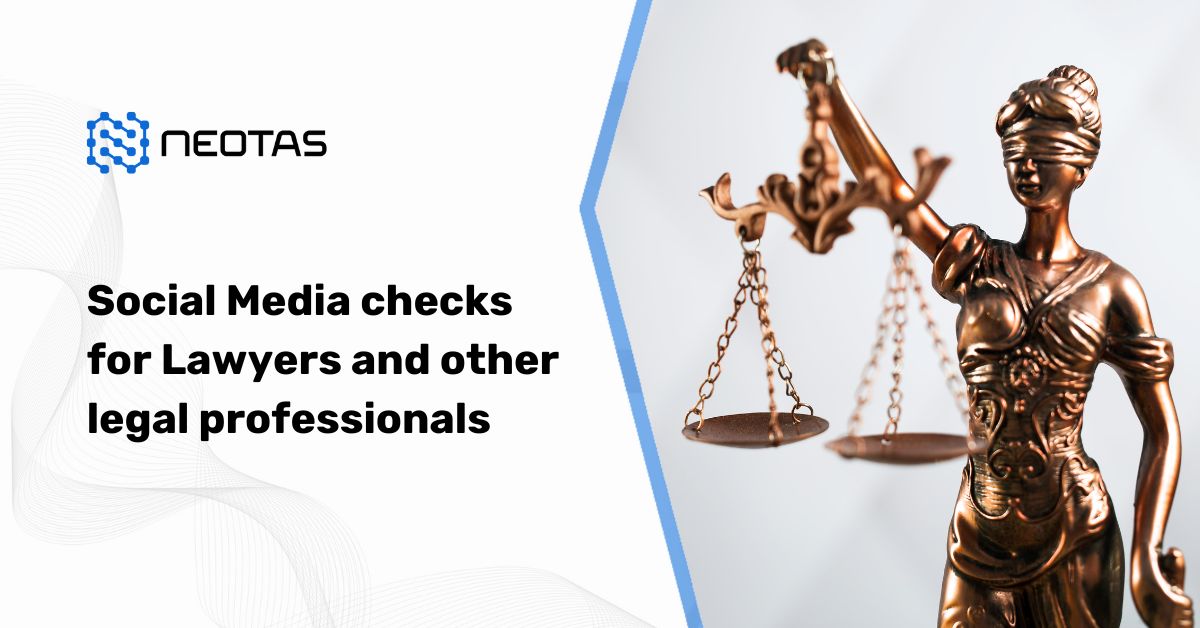With social media comes the ability to share anything, from thoughts and opinions to holiday photos, in real time to – potentially – anyone with internet access. And while venting on Twitter or posting a photo to Instagram enjoying cocktails on a beach may seem innocent, the possible impacts of these are not always considered.
The Good:
Social media has countless advantages, but one thing Twitter users have learnt over the years is that complaining via Tweet to an official company Twitter account will often result in a fast and appeasing response whilst removing the need for awkward face-to-face confrontation or time wasted being kept on hold. Not only that, but the public nature of the complaint means that companies want to ensure that any problems are resolved quickly and to a high standard in order to maintain their reputation. Just a few months ago, Tesco had to make a public apology and offer dozens of refunds after unhappy customers took to Twitter to complain about their “rancid” and “inedible” Christmas turkeys.
Despite producing a positive outcome for customers, public complaints and bad reviews can have negative impacts on the ways in which a company is viewed by other potential customers, employees or investors.
The Bad:
In a previous blog, Free private information give-away, the disadvantages of sharing personal information in the public environment of social media platforms was discussed; including posting photos whilst you are on holiday and therefore advertising your house as empty. We no longer share printed photos of our travels with friends and family after returning home, in fact, we will often let the world know we’re off on holiday before even leaving the airport. Tagging and checking-in to locations online lets anyone, who has the access, know exactly where you are (or perhaps more importantly, where you are not) at that exact time. Whether it’s at Heathrow airport, the Eiffel Tower or the pub down the road. This information can be used maliciously by criminals wanting to burgle houses or to track an individual’s whereabouts.
The Ugly:
Social media has given us the ability to share our opinions, good and bad, in direct response to real-time events. TV shows will often invite viewers to make comments and respond to the unraveling events on social media in real-time by providing hashtags on screen. However, not everyone likes what they see, hear and read, and many aren’t afraid to voice these opinions online. Just last week, Flo and Joan of the musical Nationwide adverts, were two of the most recent victims of online death threats with viewers hoping they would be involved in a car accident and asking who else would be “chipping in” to get them “brutally murdered”. Although to some it may seem like harmless venting or said with no real intention, comments like these can have a serious effect on those they are direct towards. Public figures and celebrities often discuss the emotional toll of online trolls and receiving hate and the impact it can have on their mental health. However, posting hate towards others online also casts shade on the perceived character of the original poster.
At Neotas, we aim to go beyond traditional background checks and employee screenings to uncover further the true character, behaviour and motivators of a subject. Discovering hateful and threatening comments online directed to a particular person or group of people would raise concerns to us regarding the character and online reputation of the subject.
By Anna Fletcher



